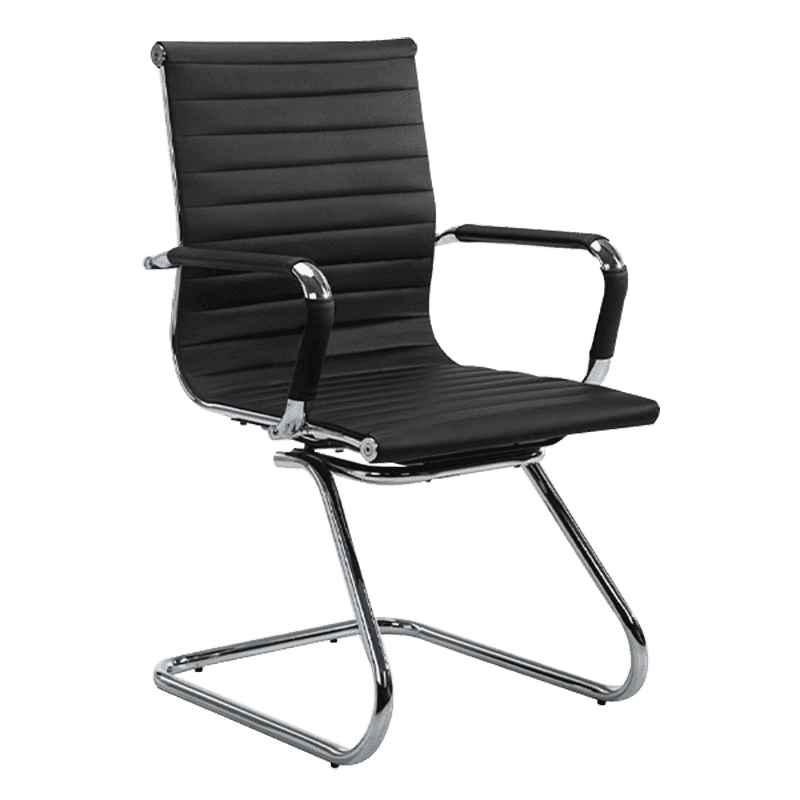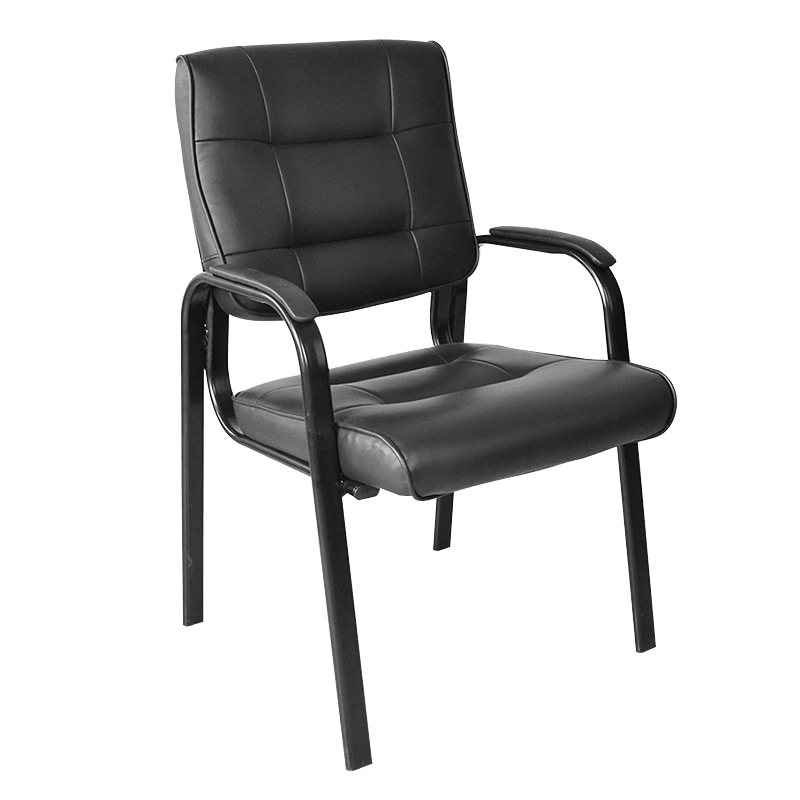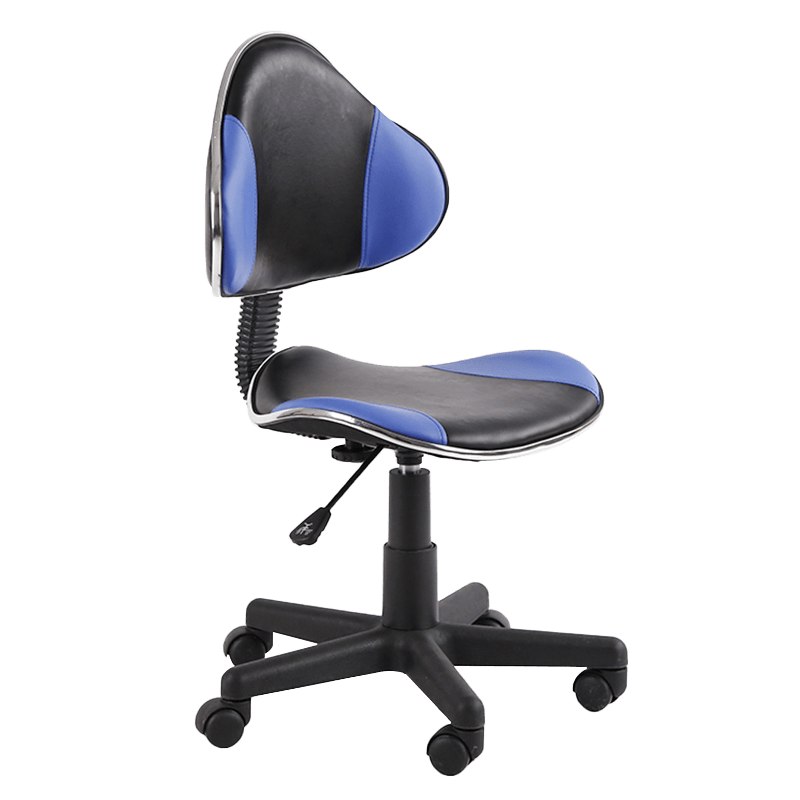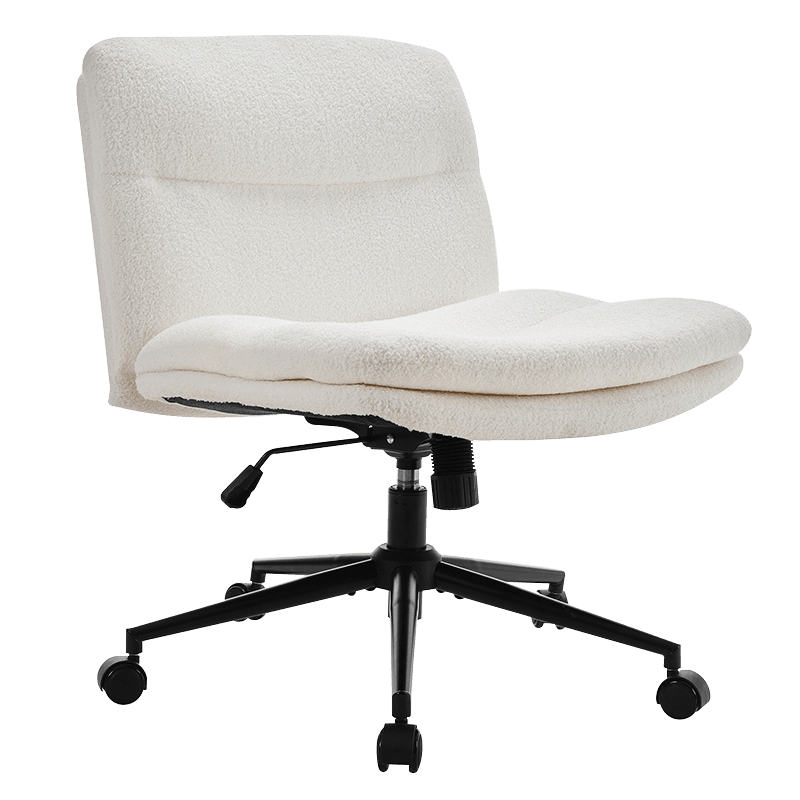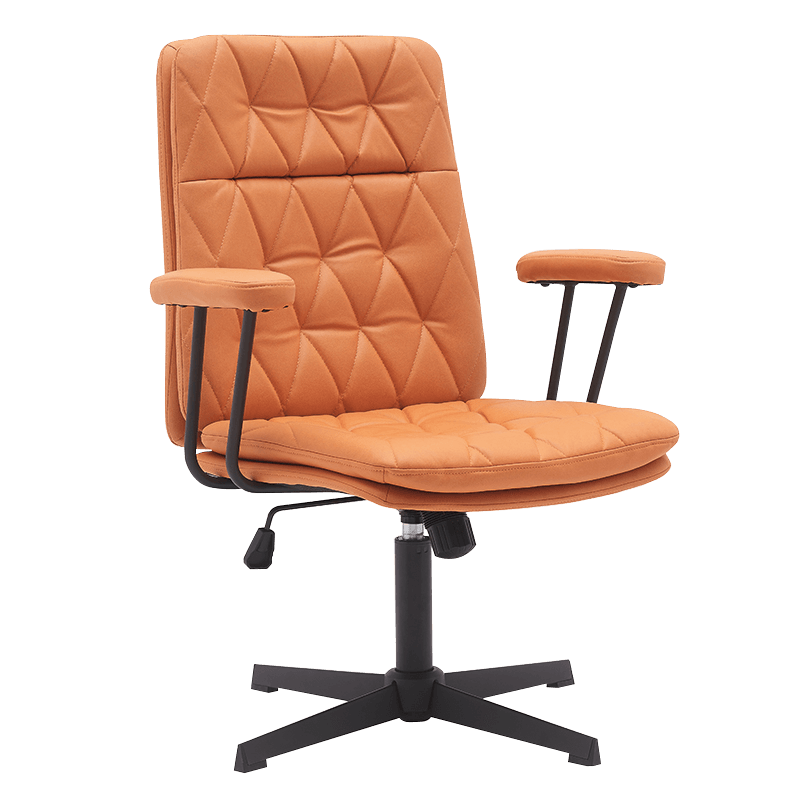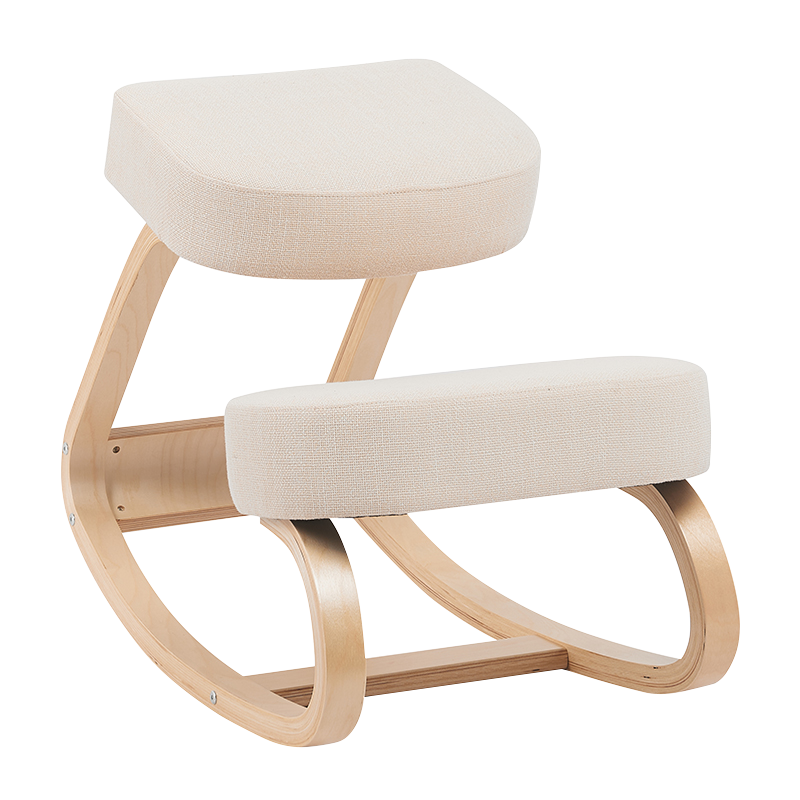Why Accent Chairs Are Essential in Hospitality and Commercial Spaces?
2025-11-13
In the dynamic landscape of hospitality and commercial spaces, furniture plays a pivotal role not only in functional comfort but also in defining aesthetic appeal. Among the various types of furniture, the accent chair stands out as a versatile and essential element. Unlike standard seating options, accent chairs combine ergonomics, style, and adaptability, making them a crucial investment for hotels, restaurants, corporate offices, and co-working spaces.
The Functional Importance of Accent Chairs
Accent chairs are more than mere decorative items. They serve as practical seating solutions that enhance comfort and flexibility in high-traffic commercial environments. In hotels and lounges, these chairs provide guests with personal space without requiring extensive floor coverage. In corporate settings, accent chairs can create informal meeting zones or relaxation areas that promote employee well-being.
The adaptability of accent chairs allows them to complement various interior design themes while maintaining functionality. This dual-purpose nature—both aesthetic and practical—is a key reason why hospitality and commercial spaces increasingly prioritize these seating options over conventional chairs.
Functional Benefits of Accent Chairs in Commercial Spaces
| Feature | Benefit |
|---|---|
| Compact footprint | Maximizes usable floor space |
| Ergonomic design | Enhances comfort for prolonged seating |
| Lightweight and movable | Allows flexible room arrangements |
| Variety of materials | Suits diverse interior styles and durability requirements |
| Complementary aesthetics | Integrates seamlessly into overall design concept |
Enhancing Aesthetic Appeal and Brand Identity
In hospitality and commercial design, the visual impression of furniture significantly impacts guests’ perception of a space. Accent chairs can serve as statement pieces, introducing color, texture, or pattern that elevates an environment’s overall look.
For instance, a hotel lobby can use a combination of vibrant and neutral accent chairs to guide guest flow and create visual focal points. Similarly, commercial spaces such as boutique cafes or corporate lounges can use accent chairs to reinforce branding through unique design elements, color schemes, and materials.
The strategic placement of accent chairs can also influence spatial perception. Designers often use them to highlight corners, fill voids, or create intimate seating clusters. By doing so, the furniture not only serves functional needs but also contributes to storytelling within the space.
Material and Design Considerations
Choosing the right accent chair involves balancing durability, comfort, and aesthetics. Materials such as high-density foam, hardwood frames, metal reinforcements, and premium upholstery contribute to longevity, especially in high-traffic commercial environments.
The ergonomics of an accent chair are equally important. Proper seat height, backrest angle, and cushioning reduce strain on the user, enhancing satisfaction and encouraging longer use. When selecting accent chairs, commercial buyers often consider modular designs or lightweight chairs that allow for quick reconfiguration of seating layouts.
Key Material Choices for Commercial Accent Chairs
| Material Type | Advantages | Typical Use Case |
|---|---|---|
| Solid hardwood | Long-lasting, stable, classic appearance | Hotel lobbies, executive offices |
| Metal frame | Sturdy, modern, resistant to wear and tear | Cafes, open workspaces |
| High-density foam | Comfortable seating, maintains shape over time | Lounges, reception areas |
| Premium upholstery | Variety of textures and colors, enhances visual appeal | Restaurants, boutique spaces |
Accent Chairs and Ergonomics in Commercial Spaces
Comfort is a non-negotiable factor in hospitality and commercial design. The ergonomics of an accent chair influence how long a guest or employee can comfortably use it. Features such as contoured backrests, supportive armrests, and cushioned seating enhance user experience, preventing discomfort and fatigue.
In commercial spaces, where visitors may spend extended periods reading, working, or dining, ergonomic design contributes directly to customer satisfaction and employee productivity. Companies providing high-quality accent chairs often collaborate with designers to create models that optimize posture while maintaining visual appeal.
Versatility and Space Optimization
One of the main advantages of accent chairs in commercial settings is their versatility. Unlike traditional sofas or benches, accent chairs can be arranged in multiple configurations. They can form intimate seating clusters for small meetings, act as standalone lounge chairs, or be paired with accent tables for a more functional setup.
Lightweight and modular options allow facilities managers to adapt seating arrangements according to seasonal or event-driven requirements. This flexibility reduces the need for extensive furniture replacement, offering cost-effective solutions for dynamic spaces.
Space Optimization Strategies Using Accent Chairs
| Strategy | Implementation Example |
|---|---|
| Clustering | Group chairs in lounge areas for collaborative seating |
| Pairing | Combine with small tables in dining areas |
| Zoning | Use chairs to define workspaces or relaxation corners |
| Rotational placement | Adjust chair layout for events or peak occupancy periods |
| Mixed designs | Combine different chair styles for aesthetic diversity |
Maintenance and Longevity Considerations
In high-traffic commercial settings, maintenance and longevity are critical. Accent chairs constructed with durable fabrics, reinforced frames, and stain-resistant finishes require minimal upkeep while maintaining appearance over time.
Cleaning protocols, such as removable upholstery and protective coatings, can extend the chair’s lifespan and reduce operational costs. Selecting products from reputable accent sofa chair manufacturers ensures quality control, consistent durability, and compliance with commercial safety standards.
Sourcing from Accent Sofa Chair Manufacturers
For hospitality and commercial projects, sourcing accent chairs from specialized accent sofa chair manufacturers ensures access to products designed specifically for commercial requirements. Manufacturers focus on features such as ergonomic design, durable materials, modularity, and customizable aesthetics.
Collaborating directly with manufacturers allows buyers to specify dimensions, upholstery, and frame materials, achieving bespoke solutions suited to the unique needs of their space. It also ensures a consistent supply chain and post-purchase support, reducing the risks of furniture downtime.
Key Considerations When Selecting Accent Chair Manufacturers
| Factor | Description |
|---|---|
| Product variety | Availability of different designs, materials, and sizes |
| Commercial-grade durability | Resistance to wear, stains, and high-frequency use |
| Ergonomic expertise | Design features supporting posture and long-term comfort |
| Customization options | Flexibility in color, fabric, frame, and dimensions |
| Delivery and support | Timely shipping, assembly guidance, and after-sales service |
Impact on Guest Experience and Commercial Success
The strategic use of accent chairs directly affects guest experience. Comfortable, aesthetically pleasing seating encourages longer stays, higher engagement, and positive perceptions of service quality. In hotels, lounge areas furnished with accent chairs foster social interaction and relaxation, enhancing the overall guest journey.
In corporate settings, well-designed accent chairs contribute to a productive and inviting environment. Employees are more likely to utilize collaborative spaces and informal meeting zones, fostering creativity and workplace satisfaction.
Emerging Trends in Commercial Accent Chairs
Modern commercial design trends emphasize sustainability, multifunctionality, and tech integration. Accent chairs now feature eco-friendly materials, modular capabilities, and smart functionalities such as built-in charging ports or adjustable lumbar support.
Manufacturers of accent chairs are increasingly offering customizable finishes to align with interior branding, allowing businesses to create unique, memorable environments. As commercial spaces evolve, the role of accent chairs continues to expand beyond seating to become an integral element of spatial design strategy.
Emerging Features in Commercial Accent Chairs
| Feature | Purpose |
|---|---|
| Sustainable materials | Eco-conscious construction and reduced carbon footprint |
| Built-in technology | Charging ports, USB connectivity for modern workspace needs |
| Modular design | Flexible arrangement for events or multi-use areas |
| Enhanced ergonomics | Adjustable features for comfort and posture support |
| Custom finishes | Alignment with brand colors and interior themes |
Conclusion
Accent chairs are no longer optional in hospitality and commercial environments—they are essential components of both functionality and design strategy. Their combination of ergonomic comfort, aesthetic versatility, and adaptability to high-traffic environments makes them indispensable for hotels, restaurants, corporate offices, and co-working spaces.
By sourcing high-quality products from accent sofa chair manufacturers, commercial buyers ensure long-term durability, consistent aesthetics, and enhanced guest or employee experience. Whether used as focal points, functional seating, or flexible arrangements, accent chairs continue to elevate the standards of hospitality and commercial interior design.
The evolution of the accent chair reflects a broader trend: furniture is not merely utilitarian but a key factor in shaping experiences, comfort, and brand perception. Properly selected, maintained, and strategically placed, accent chairs can transform commercial spaces into environments that are not only visually appealing but also functionally superior.


 Language
Language English
English Français
Français Español
Español Deutsch
Deutsch